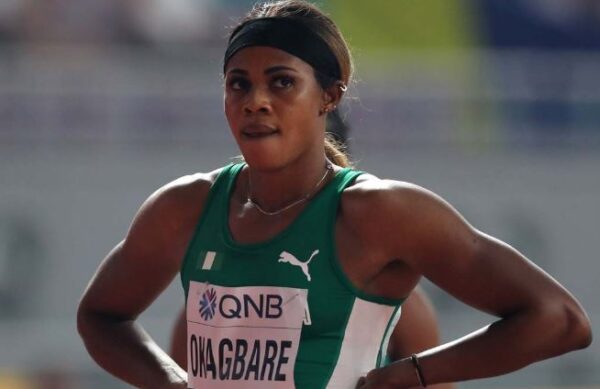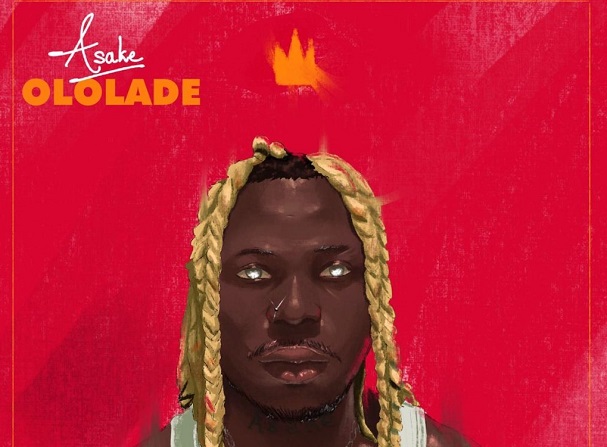The disciplinary tribunal of Athletics Integrity Unit (AIU) has handed Blessing Okagbare, the Nigerian sprinter, a 10-year ban for breaching multiple anti-doping rules.
According to the statement released by AIU on Friday, the Nigerian got a five-year ban for the presence and use of multiple prohibited substances and another half-a-decade for her refusal to cooperate with the body’s investigation of her case.
The sprinter was suspended indefinitely during the Tokyo Olympics after the AIU had adjudged her to have tested positive for human growth hormone in one of the out-of-competition drug examinations she did in Slovakia on July 19.
She was thereafter slammed with three separate anti-doping charges by the body in October 2021.
Advertisement
In January 2022, the US department of justice had also allegedly identified Okagbare among the exhibits gathered against Eric Lira, the self-acclaimed kinesiologist and naturopathic doctor, who provided performance-enhancing drugs to athletes who participated at the Tokyo Olympics.
The 33-year-old has now been prohibited from all track and field events organised by World Athletics for the next decade.
“The Disciplinary Tribunal has banned Nigerian sprinter Blessing Okagbare for a total of 10 years, five years for the presence and use of multiple prohibited substances and five years for her refusal to co-operate with the AIU’s investigation into her case,” the statement read.
Advertisement
“The sole arbitrator adjudicating the case concluded that the athlete’s use of multiple prohibited substances as part of an organised doping regimen in the lead up to the Tokyo Olympic Games was egregious conduct that amounted to aggravating circumstances under the Rules thereby warranting an additional period of ineligibility on top of the standard four-year sanction.
“The sole arbitrator also recognised the AIU’s right to carry out investigations, including the imaging of electronic devices, and to impose sanctions when an athlete refuses to co-operate with an investigation and thereby frustrates the AIU’s ability to fulfil its mandate to protect the integrity of the sport of athletics.
“In this instance, the sole arbitrator concluded that the athlete’s refusal to cooperate had denied the AIU the opportunity to discover evidence of possible further rule violations by her as well possible violations of the rules by others, for which he imposed an additional sanction of five years.”
The statement added that the athlete has the right to appeal against the decision at the Court of Arbitration for Sport (CaS) within 30 days.
Advertisement
Add a comment






